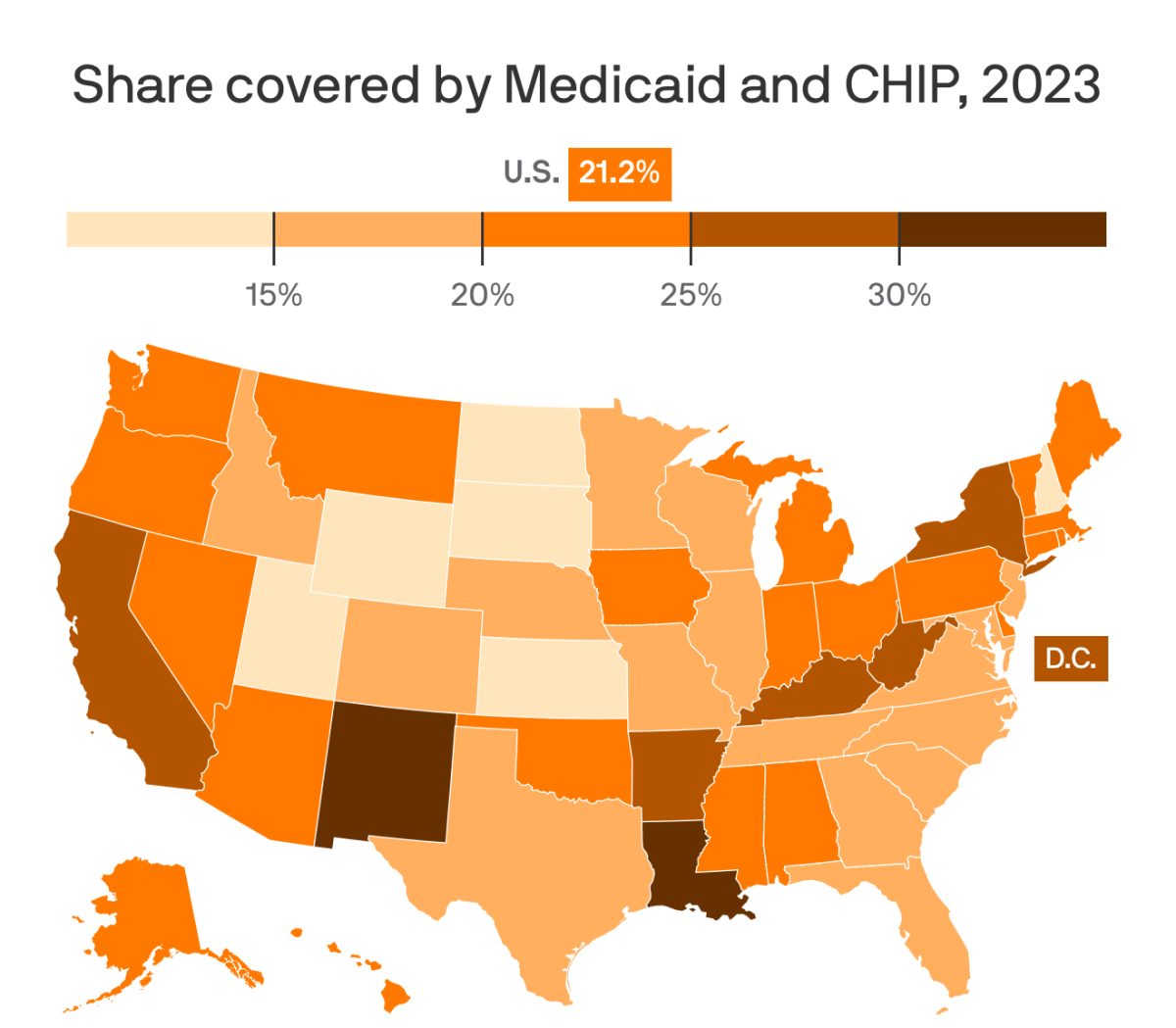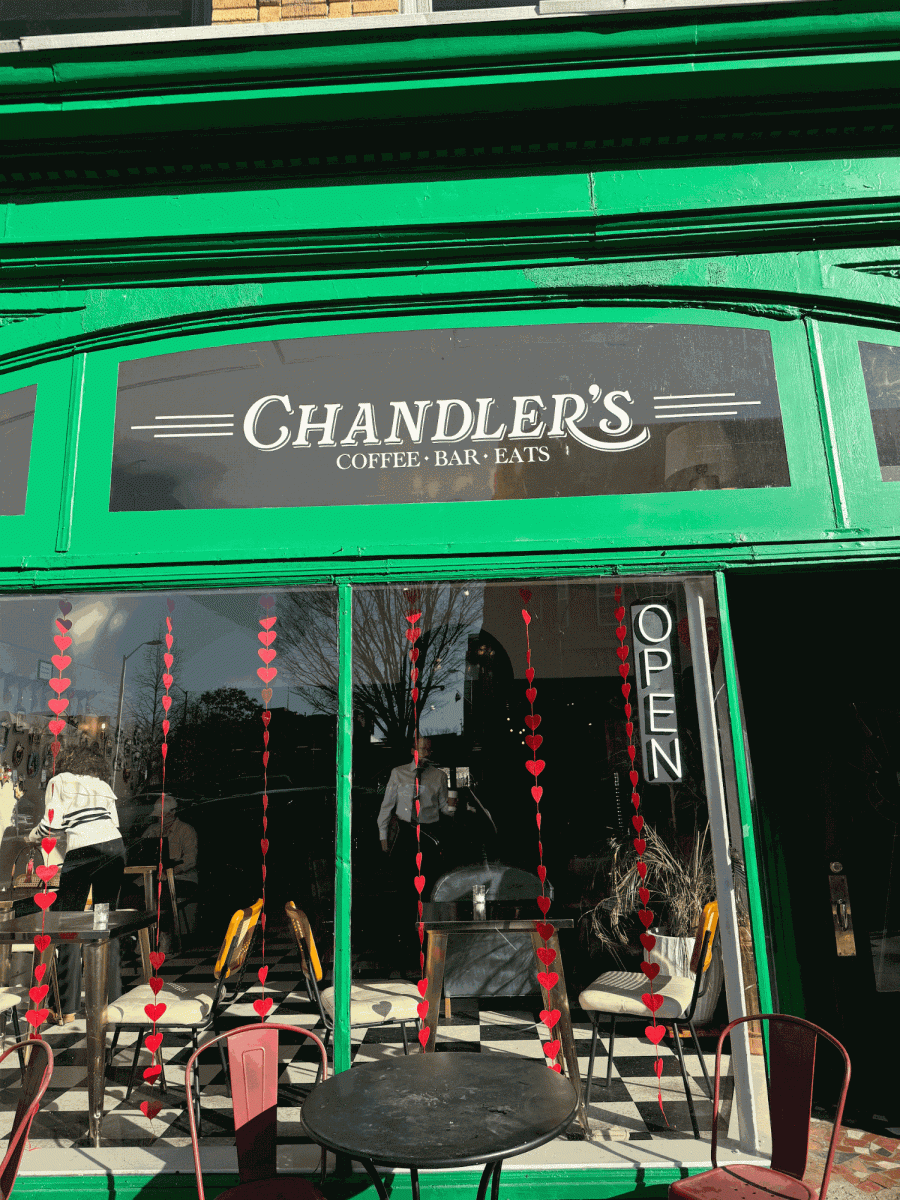The ongoing hair typing conversation has been relevant for years and it’s more relevant now more than ever.
The stigma that girls with hair typed 3 and below have been put on a very high pedestal.
In today’s society, women who have type 4 hair and above have been through many forms of descrimination and it has dulled the self-confidence of the girls who wear these crowns.
Many can get completely lost in the natural hair type so here is an explanation; Type 1 hair is often straight and is hard to damage but does not really hold a style.
Type 2 hair is classified as wavy hair.
This type of hair is prone to frizz further down as the scale goes, the harder it is to keep a style.
Type 3 hair is classified as curly hair and holds an S shape but this can vary from a lowercase s or upper case S and can also hold a Z shape.
This type is more damage prone than the previous types we have discussed so be sure not to weigh down this hair or you will put too much weight on your curls and make them greasy.
Type 4 hair is classified are kinky hair and is very tightly coiled and is very fragile.
This hair is in a zigzag pattern and is drier than all of the other types of hair.
In society today, you can talk to anyone in the type 4 hair community and ask them if they have ever felt discriminated against and you will probably get the answer yes.
“Women with kinky textured hair, commonly known as type 4, are experiencing something of a “texture discrimination” as a consequence of this new natural new beauty standard.” said Trudy Susan in an article for Ebony Magazine.
Most misconceptions are that kinky hair does not grow but that is not true, this hair grows like any other type of hair but this hair has to be taken care of with more attention than other types.
With all of that being said, ask yourself “Why does your hair type determine if you’re better than everyone else?”
“Since we don’t grow up in a world where kinky, natural hair is as accepted as often as our “good hair,” loose ringlet-having sisters, we’re undervalued, looked down on and as a result, our confidence shrinks.” said Victoria Davis in her open letter about natural hair discrimination on Naturallycurly.com.
Davis wrote this letter about the discriminations girls with coily type four hair face and also to tell those girls that their hair is as beautiful as all the girls hair.
It seems that hair typing can cause a little division in the natural hair community but it is clouding the reason black women around the globe love to where their natural hair.
“Going natural was once about breaking free from European beauty standards and embarking on a journey to embrace one’s own natural hair, but somewhere along the way, things seem to have gone astray, and we’ve found ourselves sponsors of a beauty industry that is overwhelmingly praising a certain type of natural hair, and clearly ignoring another.” said Susan in her article for Ebony.
Going natural is about breaking away from the image that the majority in America wants to see black women as and connecting to our roots.
Instead of thinking about which hair type is better, the natural hair community should come together and embrace the beauty in each others natural hair.
“Black is beautiful—period. Not some types of black hair or some black people, but all.” said Aamna Mohdin on Quartzy.







